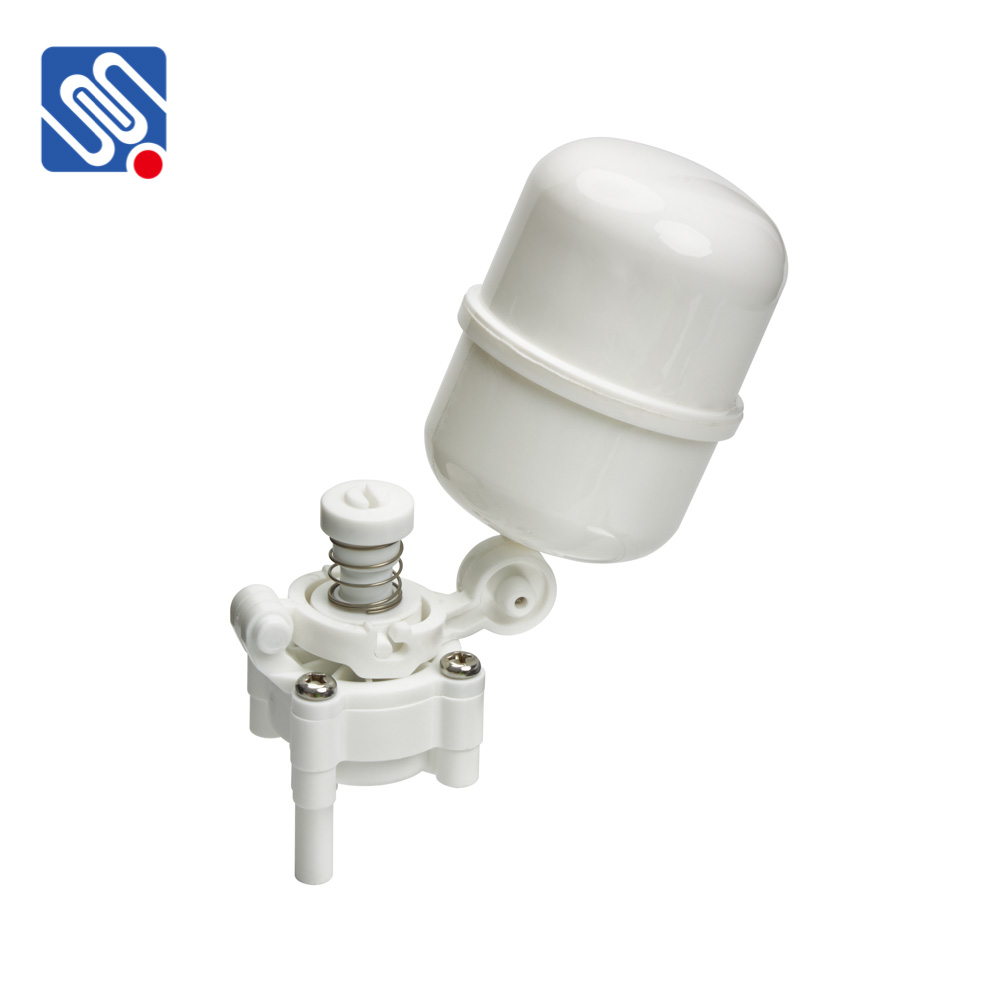Plastic valves play a crucial role in modern water systems, offering several advantages over their metal counterparts. Their lightweight, corrosion-resistant properties, and cost-effectiveness have made them the preferred choice in various industries. This article explores the benefits, types, and applications of plastic valves in water systems, shedding light on their essential role in maintaining water flow and system efficiency.

What Are Plastic Valves? Plastic valves are components used to regulate, control, or direct the flow of water within a system. Made from materials such as Polyvinyl Chloride (PVC), Polypropylene (PP), and Polytetrafluoroethylene (PTFE), plastic valves offer a range of benefits that make them an ideal choice for diverse water systems. These valves are commonly used in residential plumbing, industrial applications, and water treatment plants. Benefits of Plastic Valves 1. Corrosion Resistance One of the primary reasons plastic valves are favored in water systems is their excellent resistance to corrosion. Unlike metal valves, which can rust or degrade when exposed to water, plastic valves do not corrode, ensuring a longer lifespan in environments with high humidity, moisture, or chemicals. This makes them especially suitable for systems dealing with acidic or alkaline fluids.